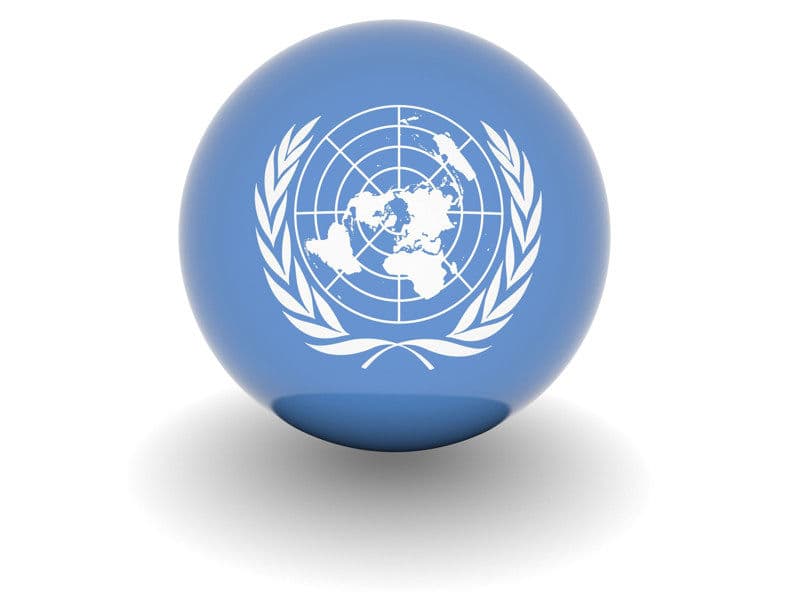The UN, the signatories to the UN FCCC, the parties to the Paris Accords, the administrators of the Green Climate Fund, the IPCC, the consensed climate science community, climate activists, developing nations, not-yet-developing nations, non-government organizations and globalists everywhere are anticipating major changes in the US approach to climate change as the result of the US presidential election. The anticipation is based partially on the symbolic value of US participation and partially on the financial obligations which would be imposed on the US as a result of its participation. Some developing nations are also anticipating accelerated development of their economies as the US de-develops while transitioning to renewable energy over the next 30 years.
The UN sees itself at the center of the climate change movement and anticipates that its power in that position would be enhanced by a more docile and cooperative United States. The UN also envisions itself eventually at the center of a global government, coordinating and controlling the actions of its member states. However, that vision of global governance would require the surrender of sovereignty by the member states, a surrender which would be far more likely with a US government supportive of globalism.
The UNFCCC and the parties to the Paris Accords profess to accept the concept that climate change represents an existential threat which must be met with heroic efforts on the parts of the signatories. These heroic efforts are far more likely to be made if major powers such as the US are supportive and actively participate in or even lead the efforts. They anticipate this would now be far more likely. However, it is not likely, at least in the near term, that the US would commit to the Paris Accords as a treaty, binding it to performance under the current terms of the Accords and the anticipated requirement for greater “ambition”.
The US is a primary source of funding for climate research. The IPCC and the consensed climate science community anticipate that funding is likely to continue and perhaps expand under a new US Administration. They also anticipate that research oversight would diminish to previous levels. Knowledgeable climate skeptics are far less of an issue outside the government than inside, in positions of authority.
The administrators of the UN Green Climate Fund and its intended beneficiaries anticipate that the US would fully fund its intended 25% share of annual funding for climate change mitigation at current levels and at the expanded levels proposed for the future. They also anticipate that the US would provide corresponding funding levels for climate adaptation and for compensating nations and populations alleged to have been damaged by climate change.
The developing and not-yet developing nations which would be the beneficiaries of funding from the Green Climate Fund anticipate that funding which has been inadequate and slow in coming would flow fuller and faster with committed US support.
Finally, potential future climate change “refugees” anticipate that it would be easier to achieve refugee status and support with committed US support.
In summary, the world anticipates the return of “Uncle Sap”.
